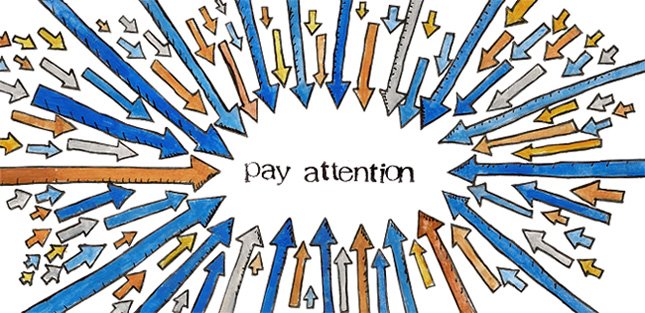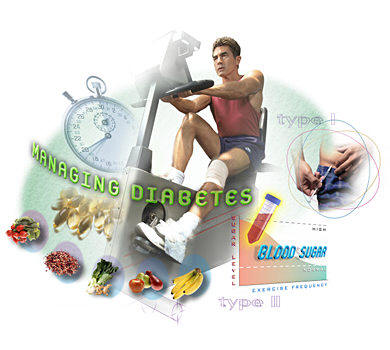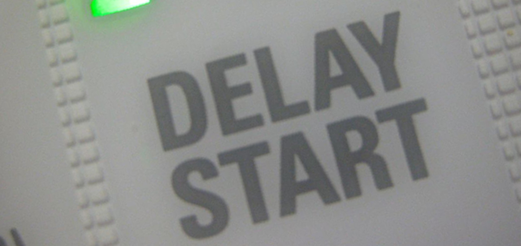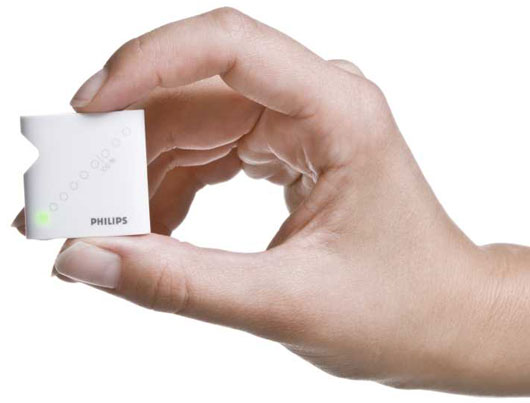We are Running Out of Directed Attention
Tuesday, March 2nd, 2010An interesting (and free) article, Directed Attention as a Common Resource for Executive Function and Self-Regulation was just published in Perspectives on Psychological Science. The author’s argue that our ability to consciously control our attention is key capacity for both the executive function (planning, thinking) and self-regulation (control of thoughts and behavior). Further consciously controlled or directed attention is a limited resources that is quickly depleted. It can be restored by sleep, meditation or the use of involuntary attention instead of directed attention.
Of special interest to cognitive designer is the claim that nature-based activities (e.g. walking in the woods and gardening) have strong restorative effects on attention and therefore the ability to self-regulate, plan and use other higher cognitive functions. In the authors words:
“What is particularly remarkable about this study is the effect of a very modest intervention (an activity of at least 20 min carried out three times per week) on a problem that, according to the literature in this area, has the capacity to undermine people’s lives for a matter of years (Blesch et al., 1991; Winningham et al., 1994).
Clear implications for those designing programs to help with chronic disease management or other high self-regulation challenges.













